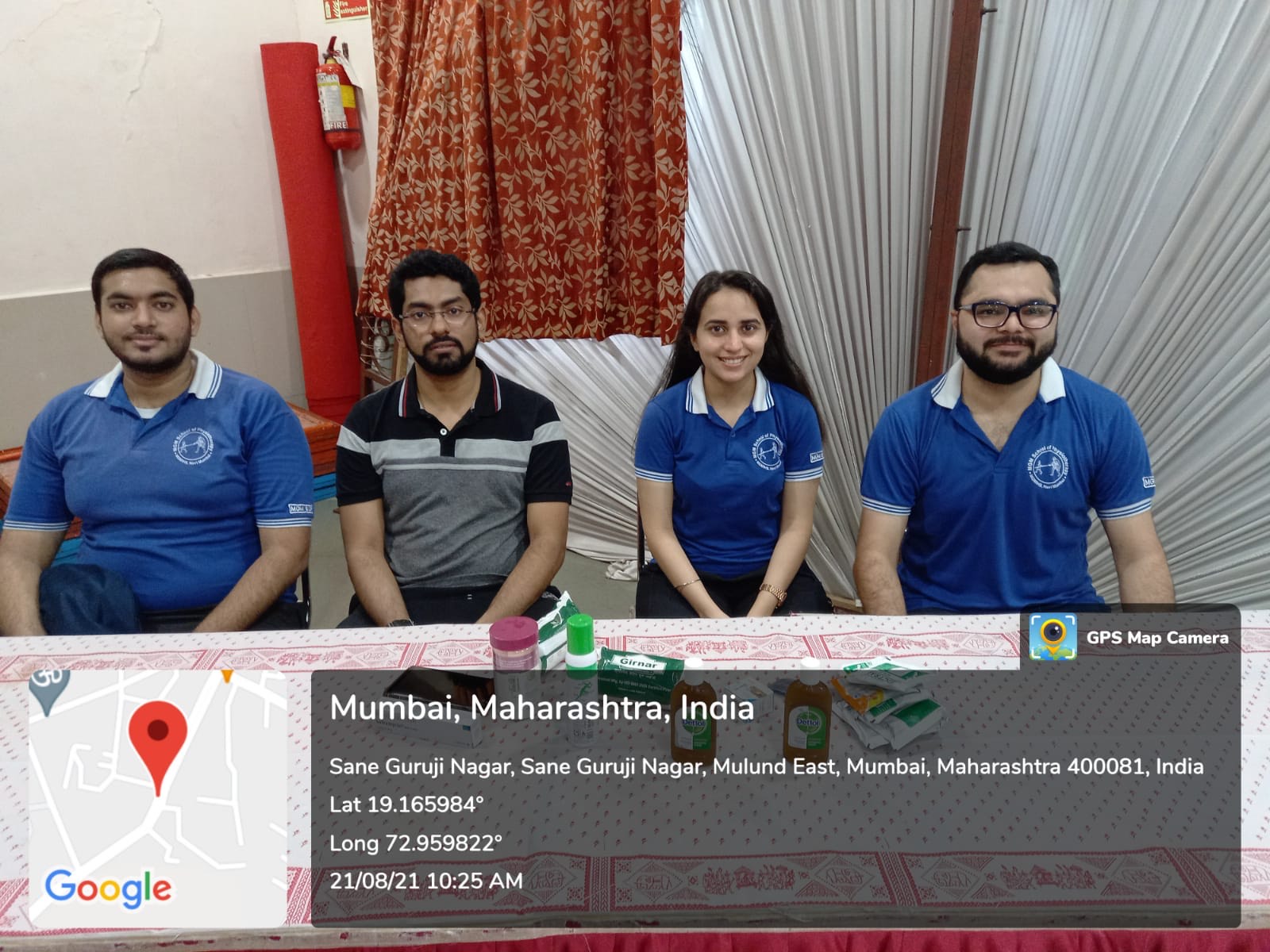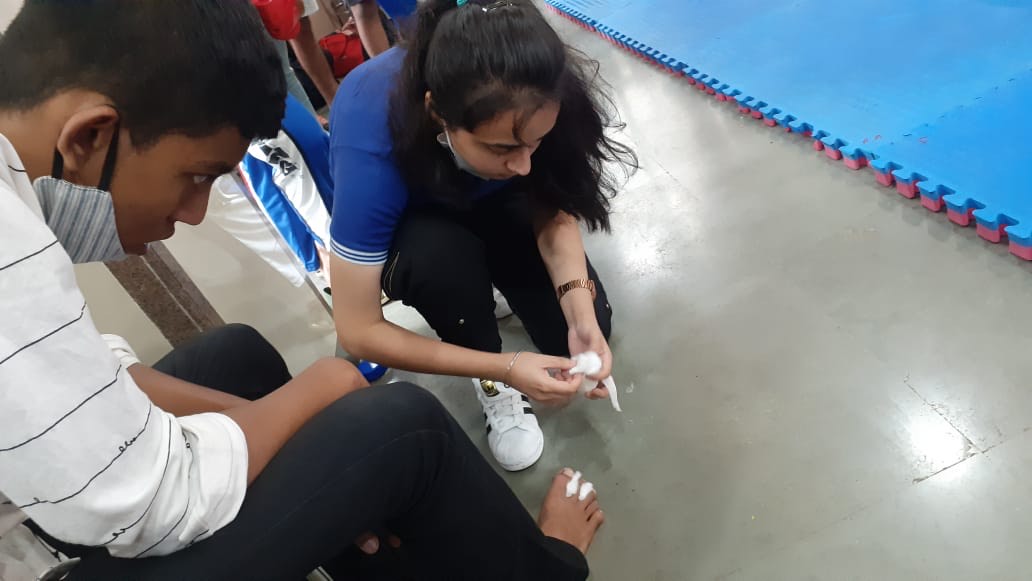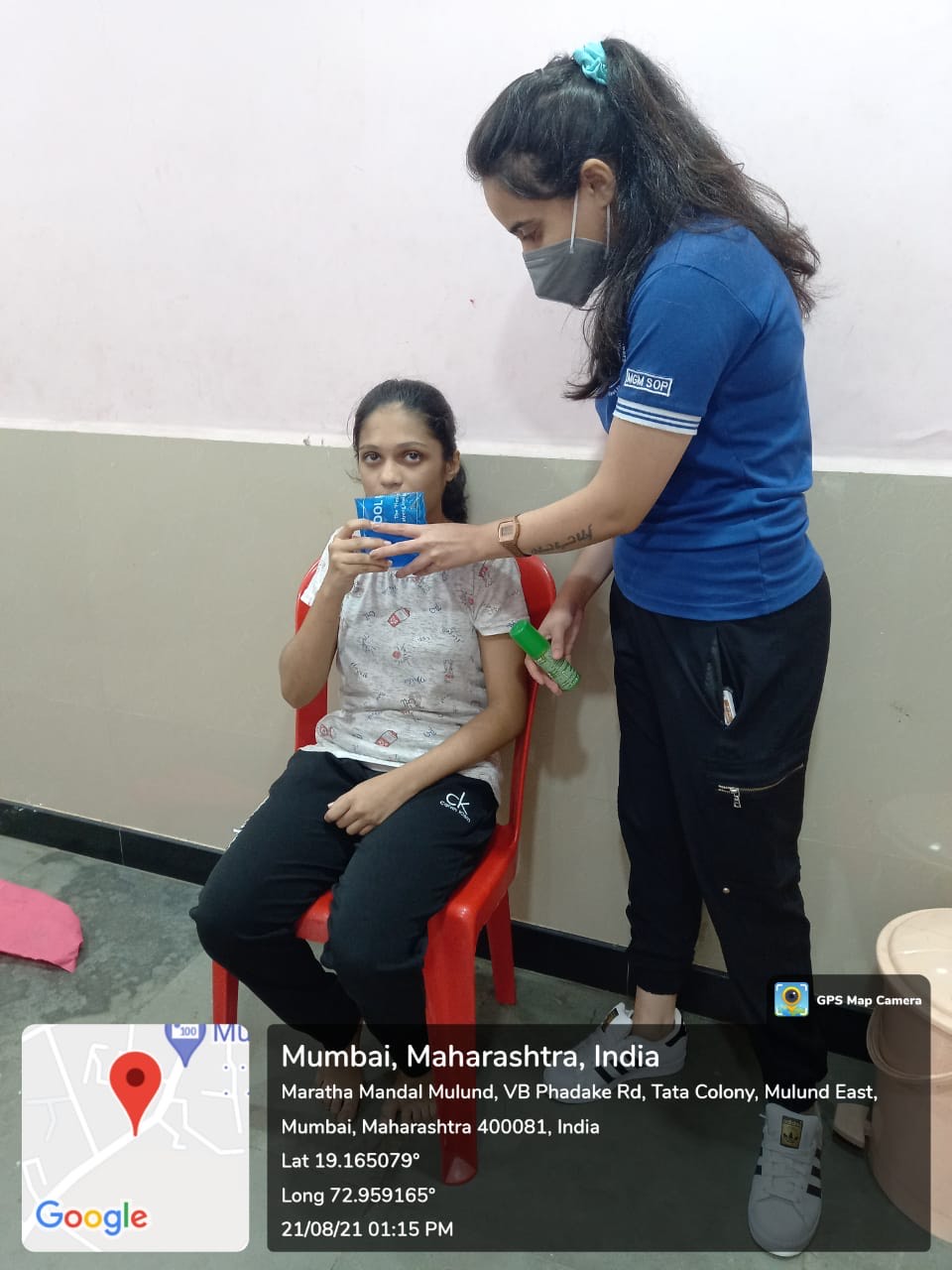Sumedh Vaidya, Bela Agarwal
Cricket, as a sport, derives its thrill from the battle between bat and ball. Limited information is available on factors that contribute to proficient fast bowling performance. Yoga has a distinct emphasis on physical postures(asanas),respiration techniques (pranayama), deep relaxation that cultivate awareness and improve attention. A total 30 non- elite cricketers aged 13-25 years were recruited for a 12week Yoga intervention program. A 12-week intervention of Yoga demonstrated significant improvement in bowling speed (p = <o.oo1), accuracy (p = <o.oo1). upper limb strength (p = <o.oo1), lower limb strength, power and flexibility (p = <o.oo1), back muscles strength (p = <o.oo1), and cardiovascular endurance (p = <o.oo1). Bowling speed and accuracy was marginally better in Yoga intervention group compared to control group. Speed improved by 6.52% in the Yoga group, whereas Control group demonstrated improvement of 5.18%. The bowling accuracy improved in the Yoga group by 35.4% while control group demonstrated an improvement of 31.29%







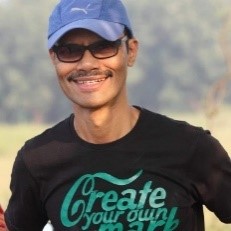
























.JPG)
.JPG)
.JPG)
.jpg)
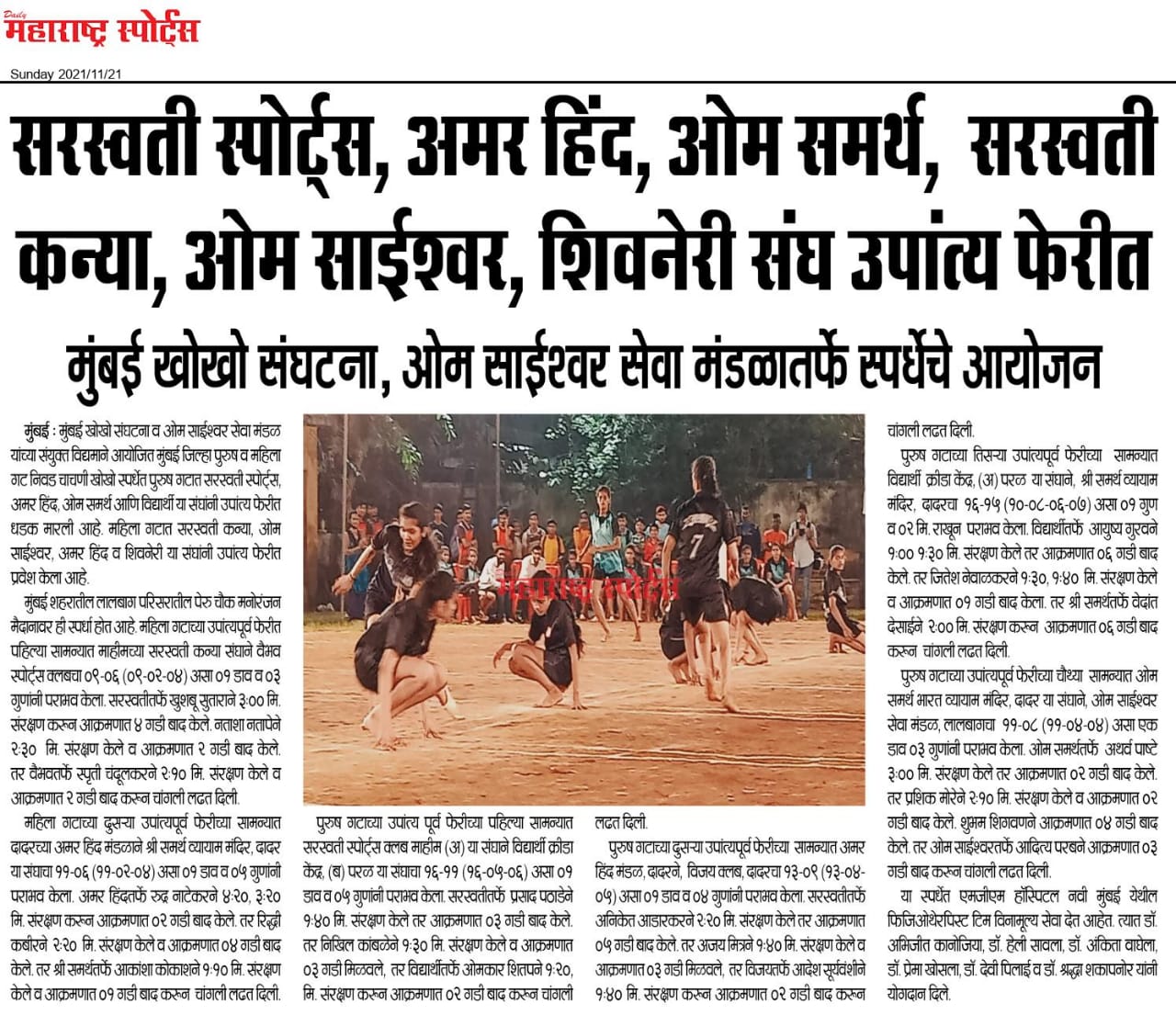
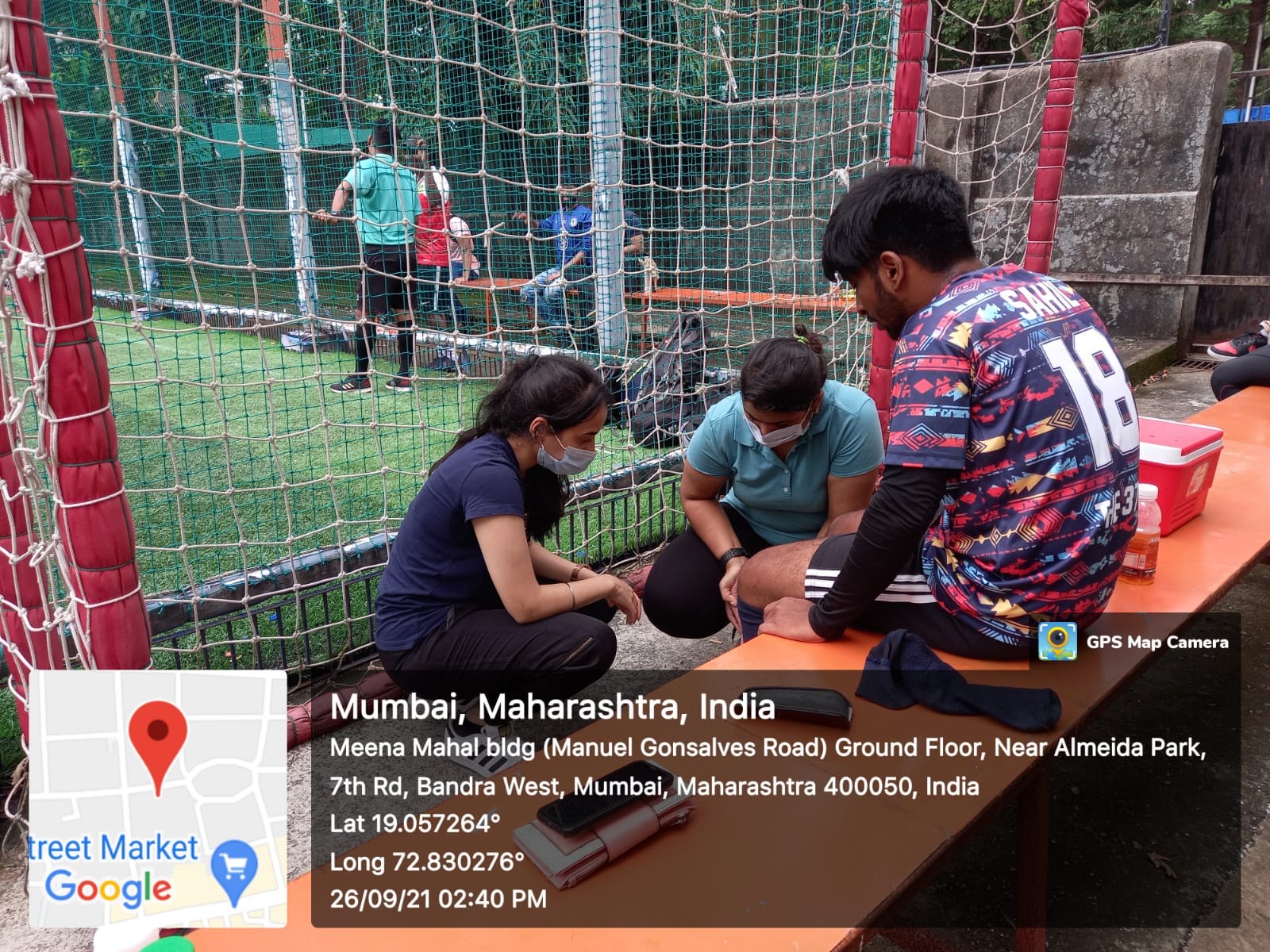
.JPG)
